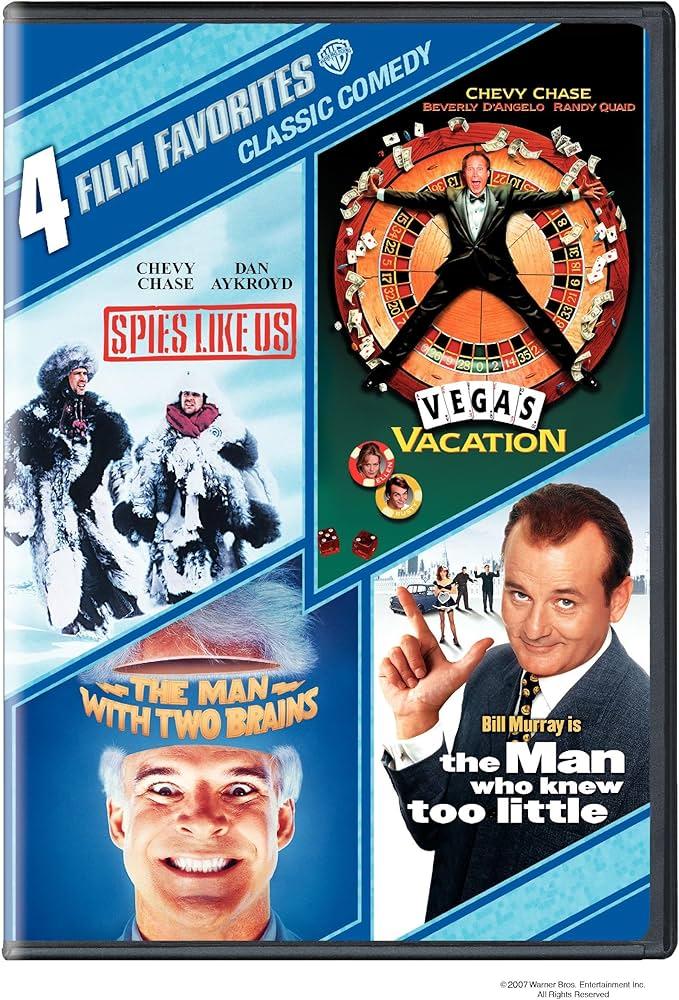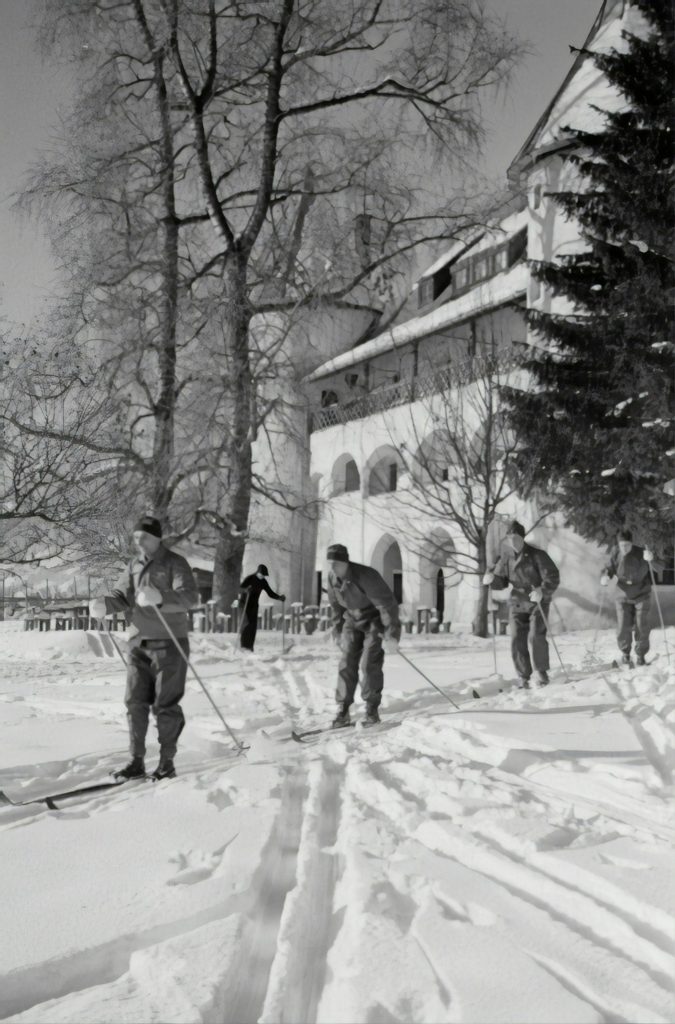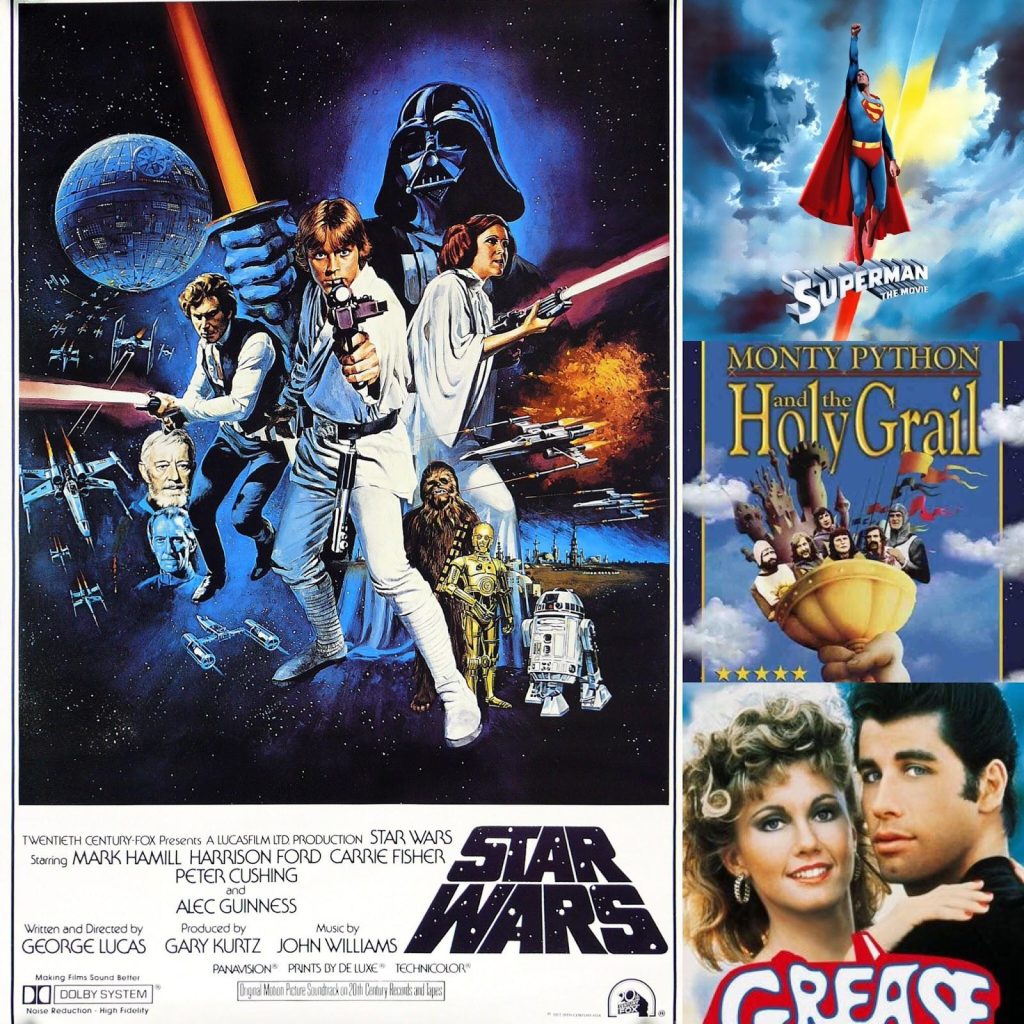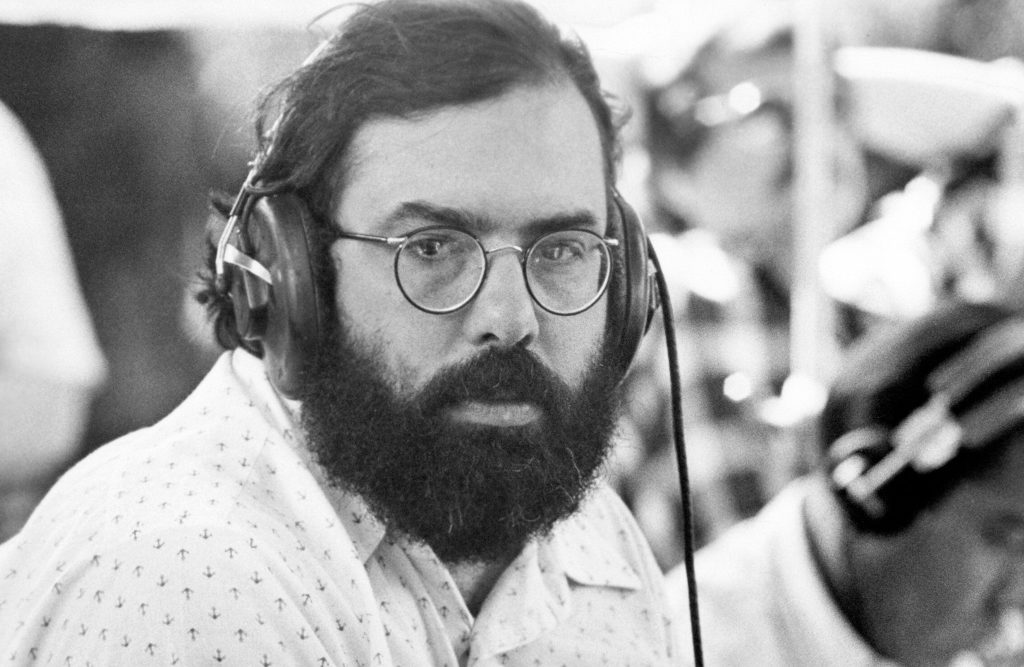In an era where cinematic boundaries are constantly being pushed and redefined, the question of what constitutes a groundbreaking film remains ever-relevant. As we cast our gaze back to the golden age of Hollywood, certain films stand out not only for their entertainment value but for their audacity to challenge societal norms. One such film is Billy Wilder‘s 1959 classic, “Some Like It Hot.” Lauded for its humor and daring narrative, this comedy dared to tackle themes of gender and identity with a wit and charm that still resonate today. But can a film from over six decades ago still be considered groundbreaking in today’s rapidly evolving cultural landscape? This article delves into the enduring legacy of “Some Like It Hot,” exploring its impact on the genre and questioning whether its pioneering spirit holds up in the face of contemporary comedic innovations.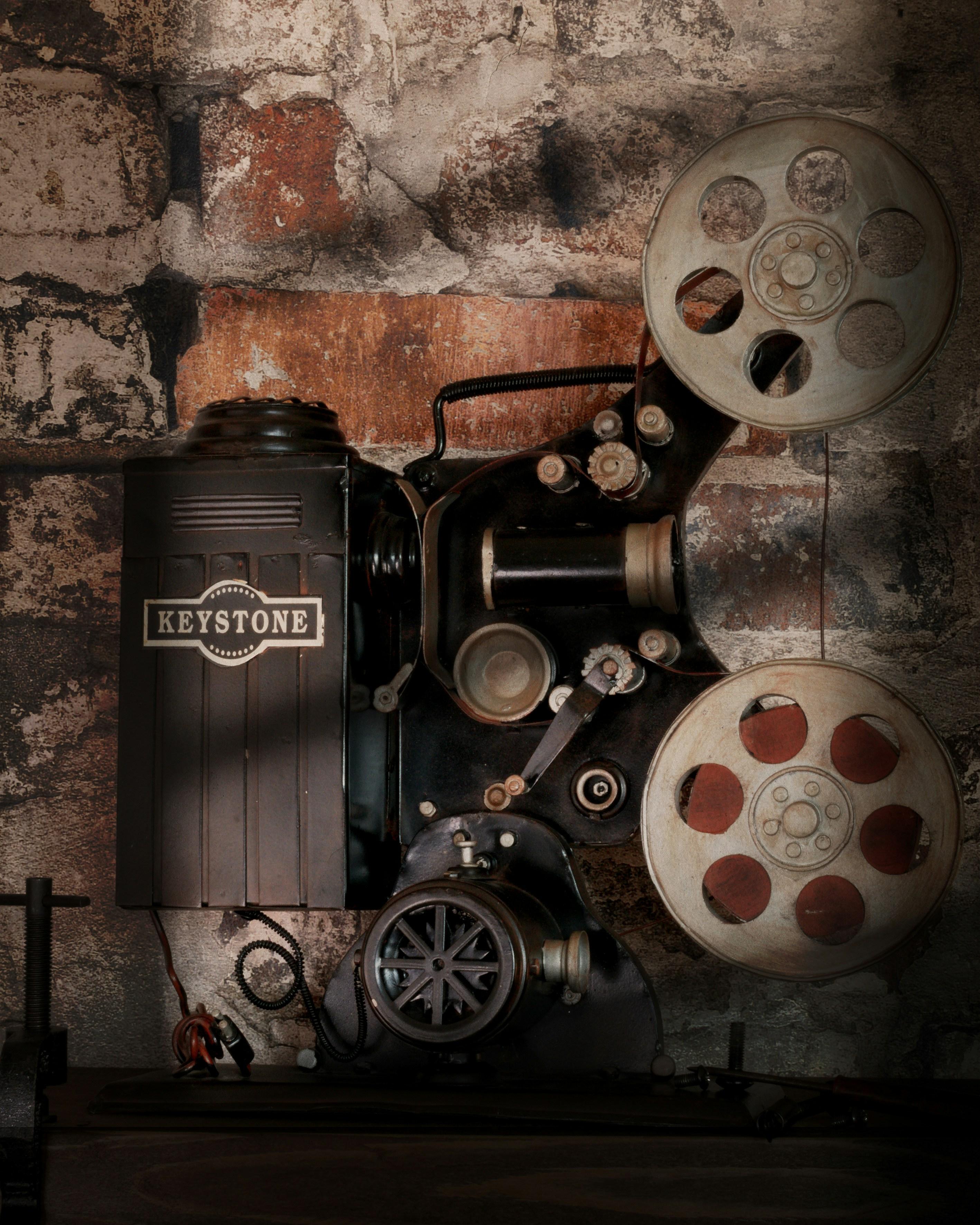
Revisiting Humor: The Enduring Impact of Classic Comedies
In a world where comedic tastes constantly evolve, the question of whether classic comedies like Some Like It Hot remain groundbreaking is as intriguing as ever. Billy Wilder’s 1959 masterpiece is often celebrated for its bold narrative choices and clever wit. It challenged societal norms and pushed boundaries in ways that were revolutionary at the time. The film’s blend of slapstick humor, quick-witted dialogue, and nuanced performances from its cast, including Marilyn Monroe, Tony Curtis, and Jack Lemmon, set a precedent for what comedy could achieve.
Classic comedies continue to influence modern filmmakers and comedians, offering a blueprint of sorts for blending humor with commentary. Here are a few enduring impacts these films have had on the genre:
- Timeless Themes: Many classic comedies explore universal themes such as identity, love, and societal expectations, allowing them to resonate with audiences across generations.
- Character-Driven Stories: The focus on strong, memorable characters provides a rich tapestry for humor that remains relatable and engaging.
- Innovative Storytelling: Techniques like cross-dressing and mistaken identities in films like Some Like It Hot continue to inspire and challenge contemporary narratives.
In revisiting these films, we not only appreciate their historical significance but also recognize their ongoing influence on the comedic landscape.
Cultural Context and Its Role in Comedys Legacy
The cultural context in which a comedy is created often plays a significant role in its initial reception and enduring legacy. “Some Like It Hot,” released in 1959, was set against a backdrop of post-war America, a period marked by both conservatism and burgeoning social change. The film’s themes of gender identity and disguise resonated with audiences during a time when traditional gender roles were beginning to be questioned. Its clever use of cross-dressing and role reversal offered a comedic lens through which societal norms could be both challenged and celebrated.
As we revisit classic comedies, it’s important to consider the cultural factors that shaped their creation and how these films may have subtly influenced societal perceptions. Elements that were once seen as subversive or progressive might now appear quaint or outdated. However, the timelessness of these comedies often lies in their ability to address universal human experiences, even as they reflect the specific concerns of their time. When evaluating the groundbreaking nature of a film like “Some Like It Hot,” consider the following:
- Contextual Relevance: How did the film challenge the norms of its era?
- Timeless Themes: Which themes remain relevant today, and why?
- Influence on Future Works: In what ways did the film pave the way for future comedies?
By understanding the cultural context, we gain insight into how these films continue to resonate and influence, ensuring their legacy endures across generations.

Balancing Humor and Sensitivity: Lessons from the Past
- Reflecting on Classic Comedies: Iconic films like Some Like It Hot have long been celebrated for their comedic genius, but as society evolves, so does our understanding of humor. While the film was revolutionary in its time for addressing themes of gender and identity, today’s audiences may view certain aspects through a different lens. Balancing the humor that made these classics beloved with the sensitivity required in modern discourse presents a unique challenge. This balancing act involves recognizing the brilliance of these films while also understanding that some jokes may not resonate as they once did.
- Learning from the Past: By examining the cultural context in which these comedies were created, we gain insight into the societal norms of the era. This reflection allows us to appreciate the boldness of their narratives while acknowledging that humor is not static. As we look back, it’s essential to extract lessons from the past, understanding how humor can both challenge and reinforce stereotypes. In doing so, we open the door to more inclusive storytelling that respects the diversity of experiences in our ever-changing world.

Future Directions: Redefining Groundbreaking Comedy
As we look to the future of comedy, it’s essential to consider how emerging voices and technologies can redefine what it means to be groundbreaking. The landscape is rapidly evolving, with new platforms and audiences shaping the comedic narrative. Comedians today have access to a plethora of tools that allow them to experiment with form and content in ways that were previously unimaginable. From interactive storytelling to virtual reality experiences, the boundaries of comedy are being stretched and redefined.
- Innovative Formats: Podcasts, web series, and social media have democratized comedy, enabling a diversity of voices to reach global audiences.
- Cultural Sensitivity: As societies become more aware of diverse perspectives, comedy must navigate the balance between humor and respect.
- Technological Integration: The rise of AI and machine learning could introduce new comedic styles, from personalized humor to AI-generated sketches.
To remain relevant and impactful, the next generation of comedies must embrace these changes while honoring the creative foundations laid by classics. In doing so, they have the potential to not only entertain but also provoke thought and inspire change, much like their predecessors did in their time.

